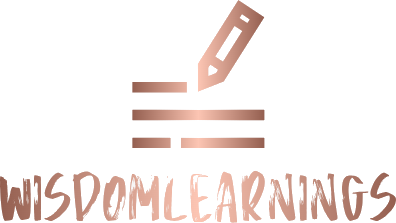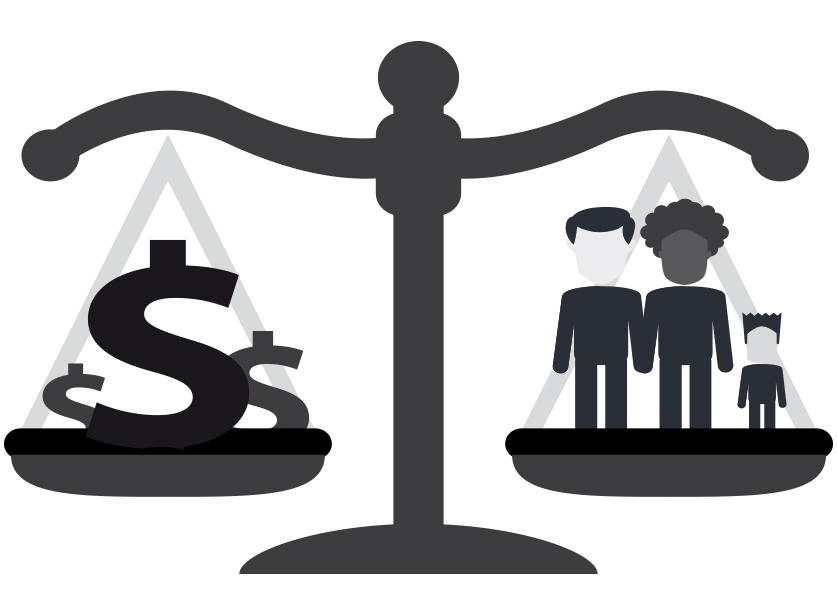Economic policy is a fundamental aspect of a country’s governance, influencing everything from the overall health of the economy to the standard of living for its citizens. The government plays a crucial role in shaping economic policy, which encompasses a range of strategies and actions designed to manage economic performance, address market failures, and promote long-term growth and stability. Understanding the role of government in economic policy involves exploring its various functions, objectives, and the tools it employs to achieve its goals.
- Setting Economic Goals
One of the primary roles of government in economic policy is setting and pursuing specific economic goals. These goals typically include maintaining economic stability, promoting growth, reducing unemployment, and controlling inflation. Governments use economic policy to create a framework within which the economy can operate effectively, aiming to create conditions that foster sustainable development and improve the overall quality of life for citizens.

- Monetary Policy
Monetary policy is one of the key tools that governments use to influence the economy. It is primarily managed by a country’s central bank, which adjusts interest rates and controls the money supply to achieve macroeconomic objectives. By manipulating interest rates, the central bank can influence borrowing and spending behavior, which in turn affects economic activity and inflation.
For instance, lowering interest rates makes borrowing cheaper, encouraging businesses to invest and consumers to spend, thereby stimulating economic growth. Conversely, raising interest rates can help curb inflation by making borrowing more expensive and reducing consumer spending. The central bank’s decisions on monetary policy are critical in managing economic cycles and ensuring financial stability.
- Fiscal Policy
Fiscal policy involves the use of government spending and taxation to influence the economy. By adjusting its budget, the government can either stimulate economic activity or cool down an overheating economy. During periods of economic downturn, the government may increase spending on infrastructure projects, social programs, or tax cuts to boost demand and support growth. Conversely, during times of economic expansion, the government might reduce spending or increase taxes to prevent the economy from overheating and to control inflation.
Fiscal policy also plays a role in redistributing income and wealth, aiming to reduce inequality and support social welfare. By implementing progressive tax systems and funding social programs, the government can address disparities and ensure a more equitable distribution of resources.

- Regulation and Market Oversight
Governments also play a critical role in regulating markets and overseeing economic activities to ensure fair competition and protect consumers. Regulation involves setting rules and standards for businesses, financial institutions, and other economic entities to prevent market failures, monopolies, and unethical practices. For example, regulations might cover financial reporting, environmental standards, workplace safety, and consumer protection.
Effective regulation helps maintain market integrity, build public trust, and create a level playing field for businesses. It also addresses issues such as externalities, where the actions of individuals or firms have unintended consequences on others, such as pollution or public health risks.
- Trade Policy
Trade policy is another significant area where the government impacts the economy. Governments negotiate trade agreements, set tariffs and quotas, and implement policies to manage international trade relations. Trade policies can influence the flow of goods and services across borders, affect domestic industries, and impact overall economic growth.
For example, trade agreements can open new markets for domestic businesses, enhance economic cooperation, and reduce trade barriers. Conversely, protectionist measures such as tariffs and quotas can shield domestic industries from foreign competition but may also lead to trade disputes and higher prices for consumers.
- Economic Development and Infrastructure
Governments are responsible for fostering economic development and investing in infrastructure that supports long-term growth. Infrastructure projects such as transportation networks, energy systems, and communication technologies are essential for enhancing productivity, connectivity, and efficiency. By investing in infrastructure, the government creates the foundation for economic activity, supports business operations, and improves the overall quality of life for citizens.
Economic development initiatives may also include supporting entrepreneurship, innovation, and education. By creating an environment conducive to business growth and investment, governments can stimulate job creation, enhance competitiveness, and drive economic progress.

- Responding to Economic Crises
During times of economic crisis, such as recessions or financial collapses, the government plays a pivotal role in managing the situation and mitigating its impacts. This can involve implementing emergency measures such as bailouts for struggling industries, providing financial assistance to individuals and businesses, and enacting policies to stabilize financial markets.
Government responses to economic crises aim to restore confidence, prevent further economic decline, and lay the groundwork for recovery. Effective crisis management requires a coordinated approach involving fiscal, monetary, and regulatory measures to address immediate challenges and promote long-term resilience.
Conclusion
The role of government in economic policy is multifaceted and vital for ensuring a stable and prosperous economy. Through the implementation of monetary and fiscal policies, regulation, trade policy, and infrastructure investment, the government influences economic performance, addresses market failures, and promotes equitable growth. By understanding these roles and the tools employed, we can better appreciate the complexities of economic governance and the impact of policy decisions on our daily lives. As economic conditions evolve, the role of government remains crucial in shaping a resilient and dynamic economy that benefits all citizens.


